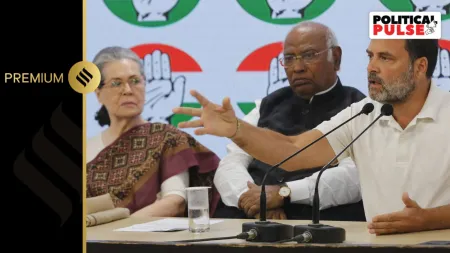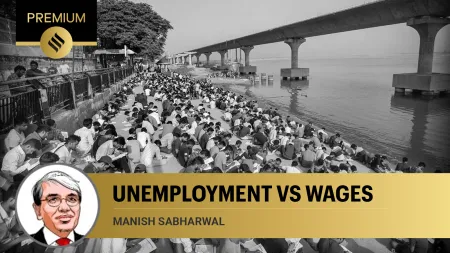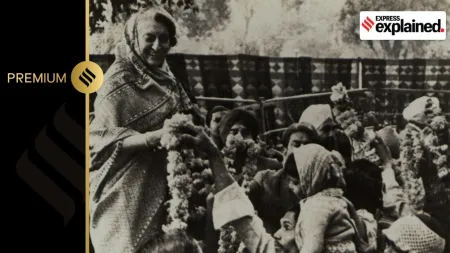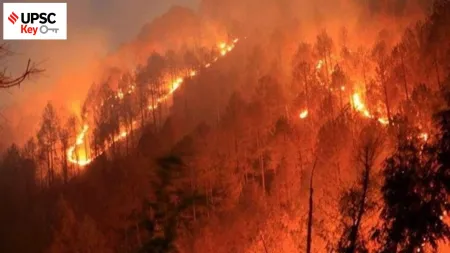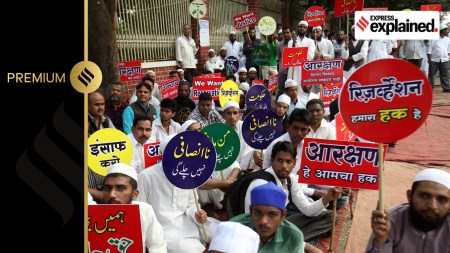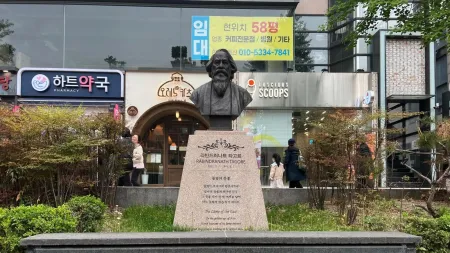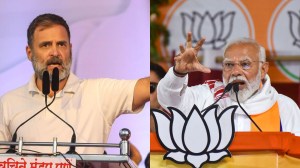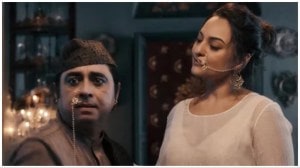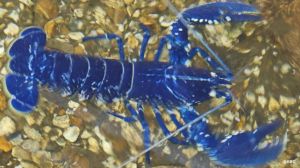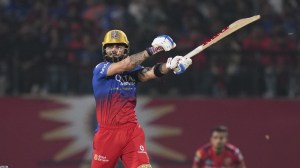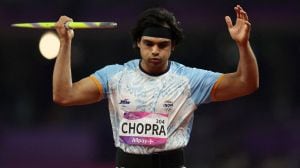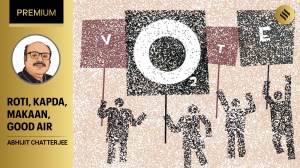- India
- International
Elgaar Parishad case: Pune court rejects Navlakha’s anticipatory bail plea, refuses protection from arrest
Special judge S R Navandar also rejected an application by Navlakha’s lawyer seeking extension of protection from arrest for three days.
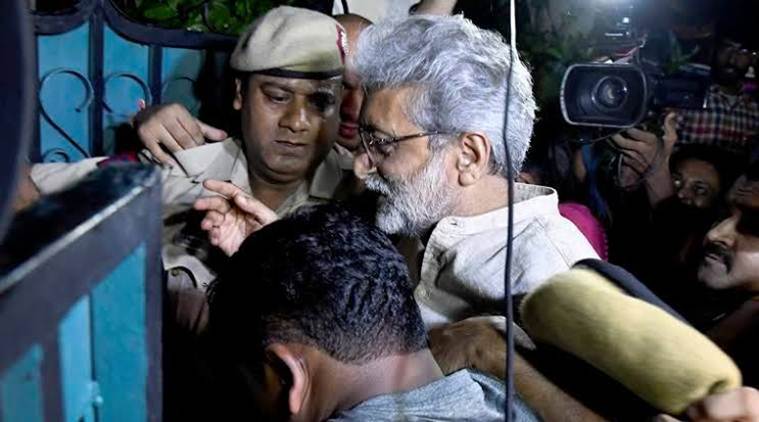 The protection from arrest granted to Navlakha by the Supreme Court ended on Tuesday.
The protection from arrest granted to Navlakha by the Supreme Court ended on Tuesday.
A special court in Pune on Tuesday rejected the anticipatory bail application filed by activist Gautam Navlakha, who is among the 23 people booked in the Elgaar Parishad case under provisions of the IPC and UAPA for their alleged links with the banned CPI (Maoist).
Special judge S R Navandar also rejected an application by Navlakha’s lawyer seeking extension of protection from arrest for three days. He sought the extension so that he could move anticipatory bail application in the Bombay High Court, which was closed on Tuesday.
The protection from arrest granted to Navlakha by the Supreme Court ended on Tuesday. This means that he may be arrested by Pune City Police, unless he manages to move the High Court and get protection from arrest on Wednesday. Sources said that police have started looking for Navlakha’s location.
The special court had last week rejected regular bail applications filed by six of the nine arrested accused in the Elgaar Parishad case.
The police have alleged that Elgaar Parishad, a one-day conclave held in Shaniwar Wada on December 31, 2017, ahead of the 200th commemoration of the battle of Koregaon Bhima, was organised with help from the CPI (Maoist). They have also claimed that its probe had revealed a larger conspiracy against the government.

Opposing Navlakha’s application for anticipatory bail, the prosecution had cited letters and documents seized from his possession and co-accused and alleged that Navlakha was actively involved in activities of CPI-Maoist such as “fact finding”, recruitment and funding.
Defence lawyer Ragini Ahuja argued that Navlakha’s custody was not required as he was a journalist and peace activist who had served as an interlocutor when five persons were abducted by Maoists in 2011. Ahuja said “fact-finding” is a legal activity. She argued Navlakha had openly opposed Maoist violence and there is no evidence to show his involvement in any terror act.
However, the court observed prima facie there is sufficient material to show that he is an active member of CPI-Maoist. “Custodial interrogation of the accused is needed,” it said.
The court found that submissions made by Ahuja regarding documents submitted by the prosecution are “attractive but cannot be accepted” for the reason that “apart from above mentioned literature there is other material on record which prima-facie shows that applicant (Navlakha) was not only actively involved but was managing the affairs of the banned organisation”.
May 10: Latest News
- 01
- 02
- 03
- 04
- 05


